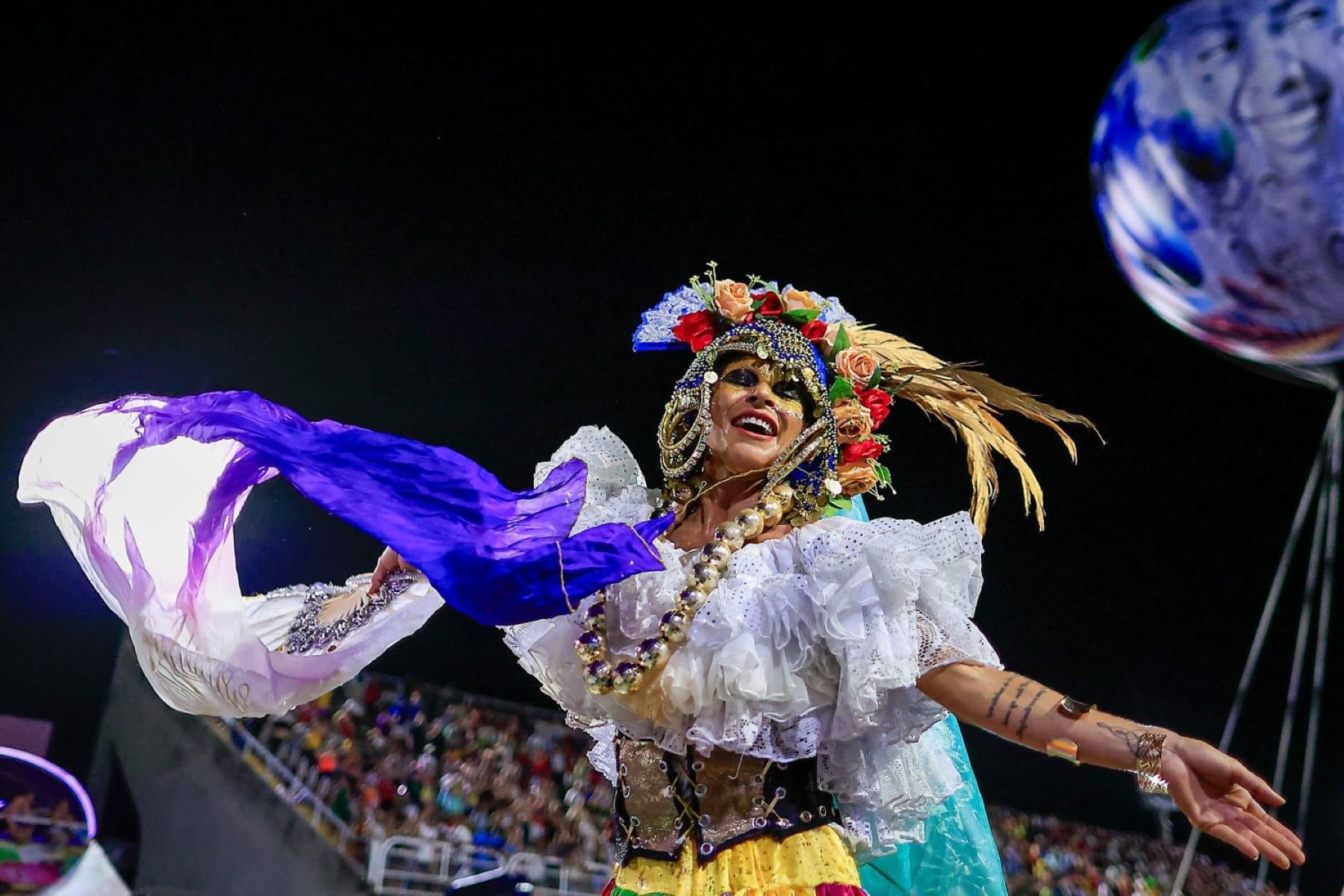Mysteries Of Brazilian Traditions Only Locals Truly Grasp

Brazil is a country rich in culture and history, with traditions that might seem mysterious to outsiders. Have you ever wondered why Brazilians celebrate Carnival with such passion or why they eat lentils on New Year's Eve? These customs are deeply rooted in the nation's heritage. Understanding Brazilian traditions can give you a deeper appreciation for the country's vibrant way of life. From the rhythmic beats of samba to the colorful festivals that light up the streets, each tradition tells a story. Let's dive into some of these unique practices that only locals truly grasp.
Carnival: The Heartbeat of Brazil
Carnival isn't just a festival; it's a way of life. This vibrant celebration pulses through the veins of every Brazilian, showcasing their love for music, dance, and color.
- Rio de Janeiro: Known for its grand parades and samba schools, Rio's Carnival is a spectacle of elaborate costumes and infectious rhythms.
- Salvador: Here, Carnival takes on a more street-party vibe, with trios elétricos (massive trucks with bands) leading the way.
- Olinda: Famous for its giant puppets and traditional frevo music, Olinda's Carnival offers a unique, historical twist.
Festas Juninas: Celebrating Saints and Traditions
Festas Juninas, or June Festivals, honor saints and rural life. These celebrations are marked by colorful decorations, traditional foods, and folk dances.
- Campina Grande: Known as the "largest São João festival in the world," this city hosts a month-long celebration with quadrilha dances and bonfires.
- Caruaru: Another major hub for Festas Juninas, Caruaru features traditional forró music and vibrant street parties.
- São Luís: This city blends Festas Juninas with Bumba Meu Boi, a unique folklore festival involving theatrical performances and intricate costumes.
Capoeira: The Dance of Combat
Capoeira is more than just a martial art; it's a cultural expression combining dance, acrobatics, and music. Practiced in rodas (circles), it tells stories of resistance and resilience.
- Salvador: As the birthplace of Capoeira, Salvador offers numerous academies and street rodas where you can witness this art form in its purest form.
- Recife: Known for its strong Capoeira community, Recife hosts regular rodas and workshops for enthusiasts.
- Rio de Janeiro: While famous for its beaches and Carnival, Rio also has a thriving Capoeira scene, with many groups practicing in public spaces.
Candomblé: The Spiritual Fabric
Candomblé is an Afro-Brazilian religion blending African traditions with Catholicism. Its rituals, music, and dances are integral to understanding Brazilian spirituality.
- Salvador: Home to many terreiros (temples), Salvador is a spiritual center for Candomblé, offering insight into its rituals and ceremonies.
- Recife: This city also has a significant Candomblé presence, with numerous terreiros open to visitors.
- Rio de Janeiro: Rio's Candomblé community is vibrant, with many public ceremonies and festivals celebrating the orixás (deities).
Feijoada: A Culinary Tradition
Feijoada, a hearty black bean stew with pork, is more than just a dish; it's a symbol of Brazilian hospitality and communal dining.
- Rio de Janeiro: Known for its Saturday feijoadas, Rio's restaurants and bars serve this dish with a side of samba.
- São Paulo: This city offers a modern twist on feijoada, with gourmet versions available in upscale eateries.
- Belo Horizonte: Famous for its traditional cuisine, Belo Horizonte's feijoadas are a must-try, often accompanied by live music.
Festa de Iemanjá: Honoring the Sea Goddess
Festa de Iemanjá, celebrated on February 2nd, honors the goddess of the sea with offerings, music, and dance. This festival reflects Brazil's deep connection to the ocean.
- Salvador: The most famous celebration takes place here, with thousands gathering to offer flowers and gifts to Iemanjá.
- Rio de Janeiro: Rio's beaches also host large gatherings, with people dressed in white to honor the sea goddess.
- Florianópolis: Known for its beautiful coastline, Florianópolis celebrates Iemanjá with processions and beachside rituals.
Embracing Brazilian Traditions
Brazilian traditions offer a rich tapestry of culture, history, and community. From the vibrant Carnival celebrations to the deep-rooted Capoeira practices, these customs reflect the heart and soul of the nation. Understanding these traditions can provide a deeper appreciation for Brazil's unique identity.
Whether it's the rhythmic beats of Samba, the spiritual journey of Candomblé, or the communal spirit of Festa Junina, each tradition tells a story. These customs are not just events; they are a way of life for many Brazilians.
By immersing yourself in these traditions, you gain insight into the values and beliefs that shape Brazilian society. So next time you visit Brazil, take the time to experience these traditions firsthand. You'll leave with memories and a newfound respect for this vibrant culture.

